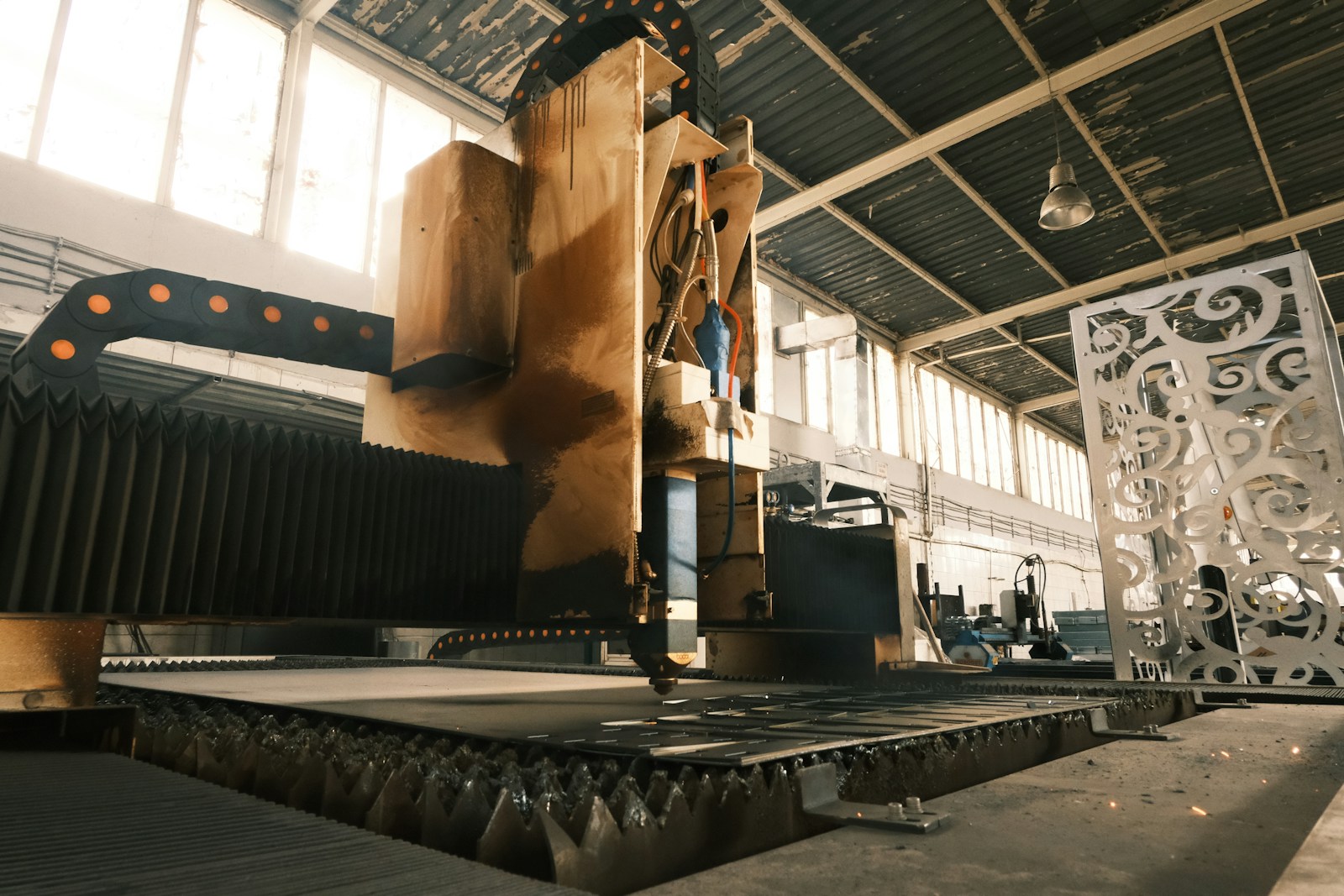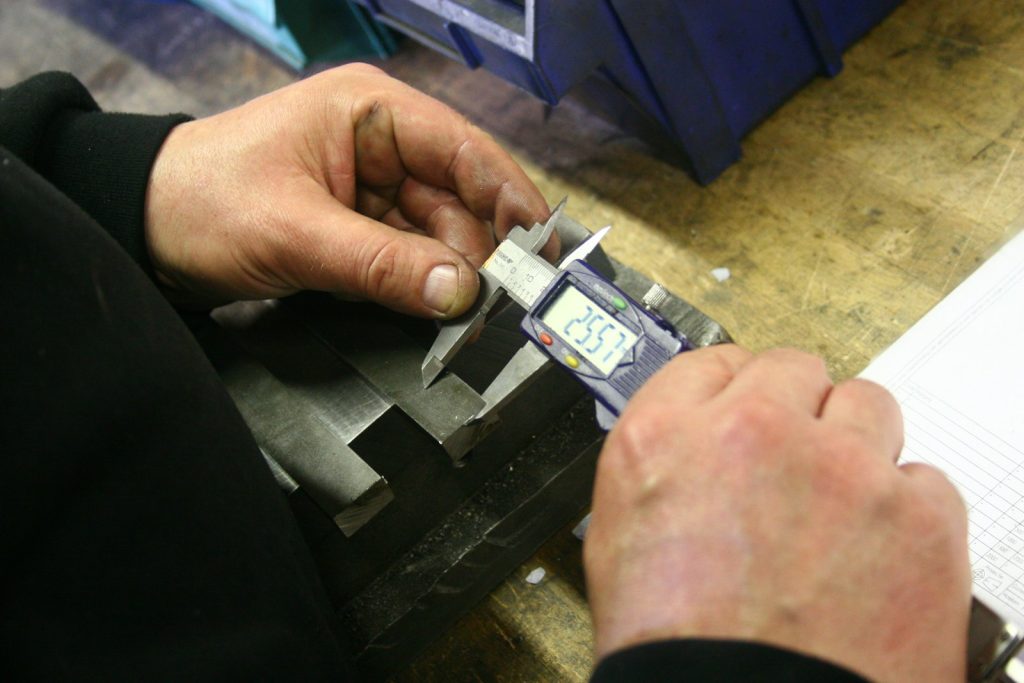Factory production has evolved into a dynamic ecosystem that integrates automation, data analytics, and sustainable design. Modern factories aim to achieve efficiency not only in speed but also in quality and environmental responsibility. This transformation has reshaped how materials are processed, how energy is consumed, and how supply chains are managed.
Today’s manufacturing environment relies on precision and adaptability. Factories are no longer focused solely on quantity—they strive for flexibility, reduced waste, and improved performance. Even industries such as oil production equipment manufacturing are adopting smarter technologies and cleaner practices to ensure safer and more efficient operations. This shift reflects a global movement toward innovation-driven productivity that aligns with both economic and environmental goals.
The Core Principles of Modern Manufacturing
The success of any production facility depends on clear, strategic principles that guide efficiency and consistency. Process standardisation ensures that every product maintains uniform quality, while continuous improvement pushes teams to analyse systems and identify areas for enhancement.

Employee involvement remains a cornerstone of effective manufacturing. Skilled technicians and operators play an essential role in maintaining machinery, ensuring accuracy, and implementing improvements that automation alone cannot achieve. In a modern production environment, human insight complements technological precision, leading to better results across the board.
The Role of Automation in Factory Production
Automation forms the foundation of the modern factory. Robotic systems, automated conveyors, and computer-guided tools perform complex operations with speed and accuracy. These systems handle tasks such as assembly, packaging, and material transport, ensuring consistent quality and reducing downtime.
Beyond mechanical automation, the integration of digital technologies allows factories to monitor performance in real time. Sensors track temperature, vibration, and production speed, while artificial intelligence predicts maintenance needs before issues arise. This predictive capability minimises waste and extends the lifespan of production equipment.
Automation also enhances workplace safety by limiting human exposure to repetitive or hazardous tasks. The result is a production floor where machines and people work together to achieve higher levels of productivity and reliability.
Streamlining Production Through Lean Manufacturing
Lean manufacturing focuses on eliminating inefficiencies and maximising value throughout the production process. By reducing unnecessary movement, overproduction, and material waste, factories can streamline operations while improving product quality.
The implementation of lean practices includes optimised scheduling, better space management, and strategic resource allocation. Many factories adopt “just-in-time” production methods to ensure that materials arrive exactly when needed, avoiding excess storage or spoilage.
This approach also extends to sustainability efforts. For example, some manufacturers collaborate with certified recycling and product destruction Singapore facilities to responsibly manage surplus goods or defective products. These partnerships help ensure compliance with environmental regulations while supporting a more sustainable manufacturing cycle.
The Importance of Quality Control in Production
Quality control remains the foundation of successful manufacturing. Every stage—from raw material inspection to the final product test—requires careful attention to ensure that standards are met. Advanced technologies, such as automated vision systems and real-time monitoring software, have made it easier to detect deviations instantly and maintain accuracy.
Predictive analytics now play a critical role in quality management. By analysing production data, manufacturers can foresee potential issues and adjust parameters before problems occur. This proactive approach reduces waste, enhances customer satisfaction, and increases overall operational efficiency.

A well-managed quality control system also boosts credibility and strengthens the manufacturer’s position in competitive markets by ensuring every item meets exacting specifications.
Data-Driven Decision Making in Factory Operations
Data has become the driving force behind efficient factory management. With smart sensors and interconnected systems, manufacturers can gather vast amounts of information from every stage of production.
This data is analysed to uncover patterns in productivity, energy use, and equipment performance. The insights gained support strategic decisions, such as when to perform maintenance, how to optimise energy consumption, and how to balance workloads across departments.
Furthermore, data-driven forecasting enables better supply chain coordination. By predicting demand fluctuations and production requirements, factories can prevent bottlenecks, maintain steady output, and respond quickly to market shifts. In this way, data turns production into a continuously evolving and self-improving process.
Sustainability and Energy Efficiency in Manufacturing
Sustainability is now inseparable from modern production. Factories are adopting renewable energy sources, implementing waste management systems, and optimising energy consumption to minimise their environmental impact.
Innovative factories are reusing materials, improving water management, and incorporating circular economy principles. Energy-efficient machinery reduces emissions while maintaining consistent output, creating a balance between productivity and responsibility.
Monitoring technologies help track every aspect of environmental performance, from electricity usage to emissions and material recycling. These sustainable practices not only reduce costs but also demonstrate corporate responsibility to consumers and communities.
Human Skills in an Automated World
Despite the rise of automation, human expertise remains vital in the manufacturing process. Machines may execute repetitive tasks, but humans are responsible for problem-solving, creativity, and continuous improvement.
Technicians and engineers must possess advanced knowledge of control systems, robotics, and process optimisation. Equally important are soft skills like communication and adaptability, which are necessary for team coordination and innovation.
Training programs focused on digital literacy and technical proficiency are becoming essential. By investing in workforce development, factories ensure that their teams can operate and maintain modern technologies efficiently, bridging the gap between mechanical precision and human judgment.
The Future of Factory Production
The future of manufacturing lies in intelligent integration—where automation, data, and sustainability work together to create self-optimising systems. Smart factories will connect every component, from machines to logistics networks, enabling real-time collaboration and predictive decision-making.
Artificial intelligence, robotics, and digital twins will redefine production planning, while sustainable practices will shape a new era of environmentally conscious manufacturing. Factories will no longer just produce goods—they will generate knowledge, value, and innovation.
Ultimately, factory production is becoming a blend of efficiency, intelligence, and responsibility. By embracing technology, investing in human capability, and prioritising sustainability, manufacturers can build a future where productivity and progress move hand in hand with environmental and social wellbeing.









